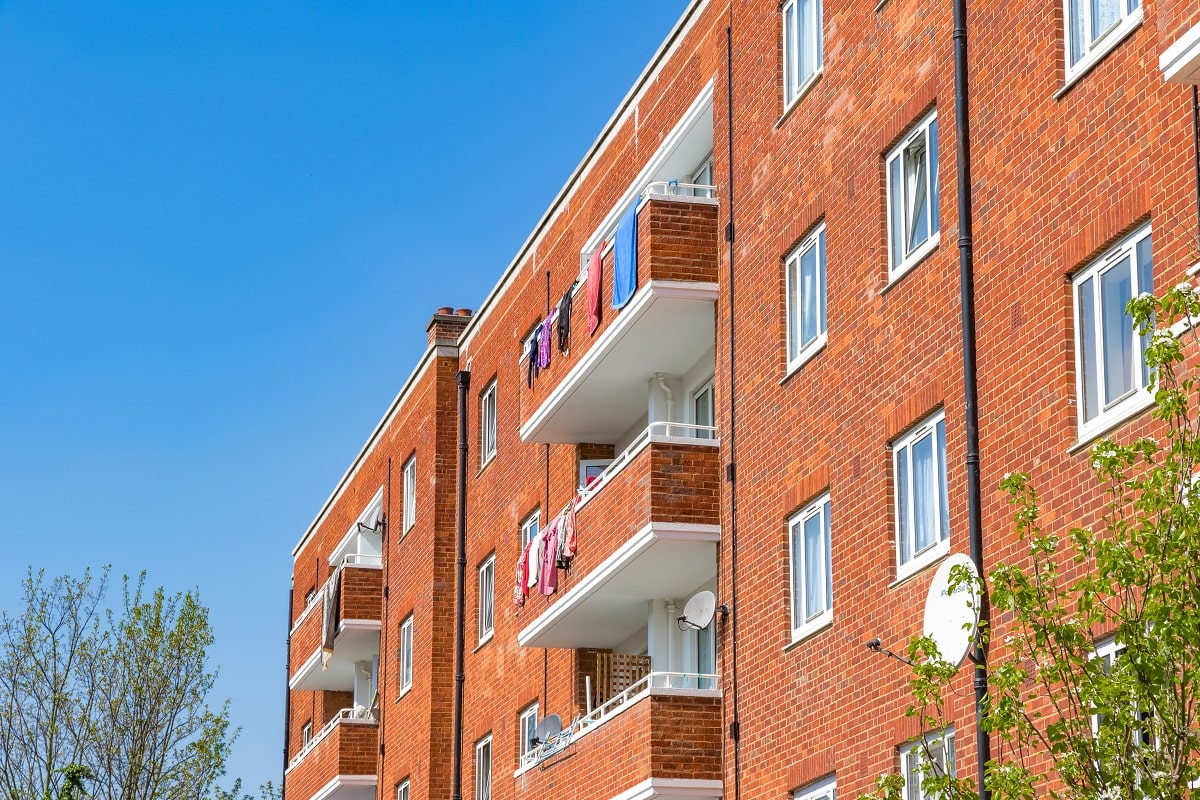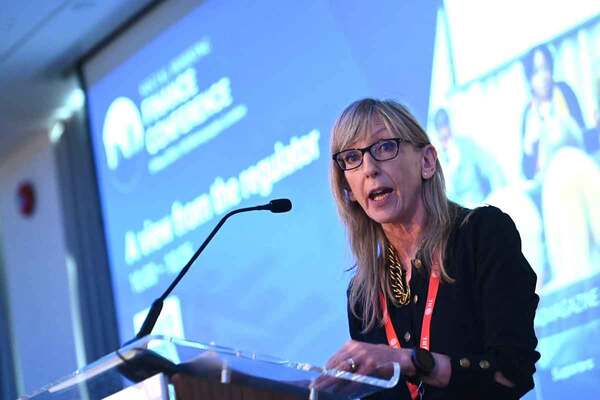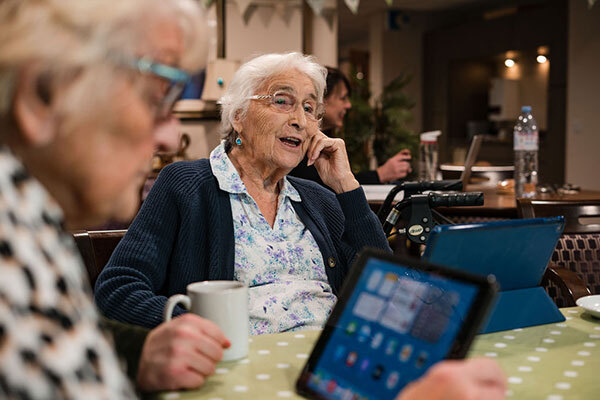You are viewing 1 of your 1 free articles
Social renters most affected by coronavirus crisis, says thinktank
Social renters are most likely to be directly affected by the impacts of the coronavirus crisis, a thinktank has warned.
In its latest quarterly Housing Outlook report, the Resolution Foundation said four in five social housing tenants either work in sectors directly hit by the government-imposed lockdown such as hospitality and retail, are unable to work from home, or must care for school-aged children.
Only half of homeowners are in similar situations, it added, with the figure 59% for private renters.
Staying at home to help slow the spread of the virus will also “be particularly challenging” for the UK’s 1.8 million families living in overcrowded conditions – with 13% of social rented households affected compared to 10% of private renters and just 2% of owner-occupiers, the report said.
Homeowners are well protected overall against income shocks compared with previous recessions thanks to record-low interest rates and the offer of three-month mortgage holidays, researchers said.
Fewer households are also at risk of falling into negative equity because of lower average mortgage loan-to-value ratios since the last economic crash, they added.
Private renters are most likely to struggle to pay the rent if they lose their jobs amid the pandemic, the thinktank said, with housing-related benefits often falling short of costs despite the government’s recent decision to increase Local Housing Allowance (LHA) rates.
In the most expensive parts of the country, such as Hammersmith and Fulham, families could face having to find an extra £468 a month on top of their housing benefit to cover the rent on a typical two-bedroom home.
The foundation also warned that the LHA rate increase “risks being undermined by pushing more families above the benefit cap”, which restricts total benefits to £20,000 a year, or £23,000 in London.
An out-of-work couple with two children living in a three-bedroom home with LHA-level rent would now be hit by the benefit cap in two-thirds of areas across England and Wales, it said.
The Institute for Fiscal Studies (IFS) also warned this week that the 76,000 families already capped at the start of the crisis will not benefit from increases to benefit levels.
Both the Resolution Foundation and the IFS called on ministers to suspend the benefit cap in light of the crisis.
Lindsay Judge, principal research and policy analyst at the Resolution Foundation, said: “The current economic crisis is having a profound effect on family incomes, particularly when people lose their jobs.
“With housing costs often being the single biggest fixed expenditure for families, the ongoing crisis will cause housing pressures to mount as people struggle to pay their bills.”
More on coronavirus
To see all our coronavirus coverage to date – including the latest news, advice to providers, comment and analysis – use the link below.
Sign up for our tenancy management newsletter
Already have an account? Click here to manage your newsletters














